A book about hedgehogs is not the obvious next step for Sarah Sands, the former editor of Radio 4’s flagship news programme Today, and before that editor of the Evening Standard. But then Sands has had a rough time of it lately. In The Hedgehog Diaries, she recounts the death of her father, Noel, the news broken to her by her brother, Kit Hesketh-Harvey, who had to climb through a window of her Norfolk house to do so since she wasn’t answering her phone. Hesketh-Harvey, who was a writer and performer and a great favourite of the King, died not long afterwards of heart failure. Julian Sands, the actor made famous by his role in A Room with a View and the father of her eldest son, Henry, went missing while hiking on a Californian mountain in January this year, not long before Hesketh-Harvey died. The actor’s body was not discovered until June.
It might therefore be understandable that Sands has been thinking a great deal about life and death and that she latched on to the poorly hedgehog she and her two-year-old grandson found trapped in the netting by her pond one day. They called it Horace until a hedgehog hospital worker mentioned Horace’s vagina and the problems she was having with it (‘vaginal flystrike’, apparently), whereupon the creature was promptly renamed Peggy.
Sands reads a lot into something she calls ‘hedgehog philosophy’, and sometimes this becomes too much: at one point, worrying that her father is restricted by old age and illness, she says: ‘It is surely a hedgehog philosophy that freedom is dignity.’ She also quotes such luminaries as Isaiah Berlin, Jacques Derrida and Philip Larkin on the hedgehog, and interviews people from Hugh Warwick, the ‘David Attenborough of hedgehogs’ to a pair of schoolgirl enthusiasts whom she calls the ‘Greta Thunbergs of biodiversity’.
She also takes her husband on a pilgrimage to Alderney, so they can see the famous blonde hedgehogs, allegedly first brought to the island in a Harrods carrier bag. The technical term for their whitish fur is ‘leucistic’ but this doesn’t stop Sands from describing them, with a journalistic flourish, as ‘the Marilyn Monroe of hedgehogs’.
Sands asks the former Conservative MP Rory Stewart why he thinks his most famous political speech is an ode to the hedgehog. His answer is that the animals are ‘magically appealing’, and that rare subject which won’t get you into trouble on social media. Indefatigably, Sands also discusses hogs with the former Archbishop of Canterbury Rowan Williams, who rather sweetly says: ‘I feel like the hedgehog’s job is the next thing to be done.’ They both decide that ‘sequential’ is a good word for hedgehog behaviour. Williams also mentions that when he chose ‘The Hedgehog’s Song’ by the Incredible String Band on Desert Island Discs, his staff feared the BBC might confuse it with a Terry Pratchett song that features the bestiality-referencing lyric: ‘The hedgehog can never be buggered at all.’
Some of this is diverting and Sands’s writing is sharp and fluent. She does her best to place her interest in woodland creatures in a news context, noting that visitors flocked to the Beatrix Potter exhibition at the V&A on the same day that war broke out in Ukraine. She nonetheless quotes Ted Hughes as saying ‘I don’t know why I am so sympathetic to hedgehogs’, and I admit I hadn’t worked this out either by the end of the book. Perhaps I am heartless, but 159 pages of thinking about Mrs Tiggy-Winkle and her ilk feels slightly excessive.
Got something to add? Join the discussion and comment below.
Get 10 issues for just $10
Subscribe to The Spectator Australia today for the next 10 magazine issues, plus full online access, for just $10.
You might disagree with half of it, but you’ll enjoy reading all of it. Try your first month for free, then just $2 a week for the remainder of your first year.

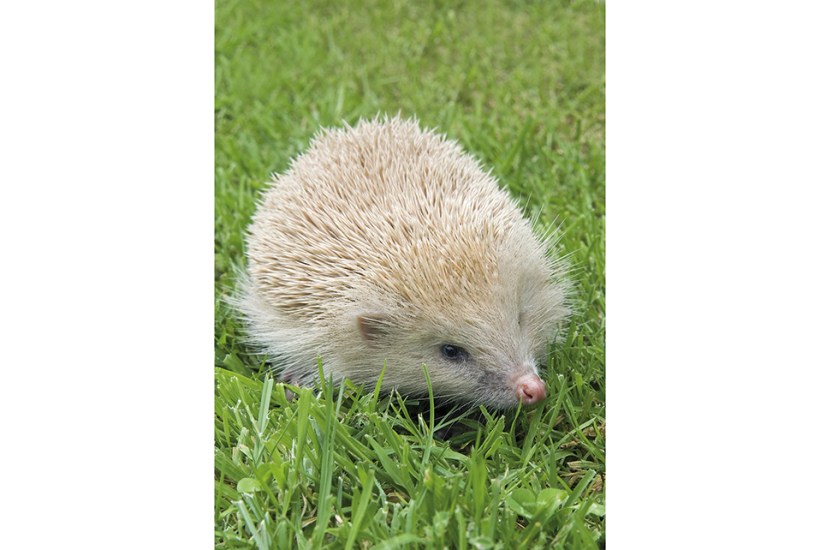
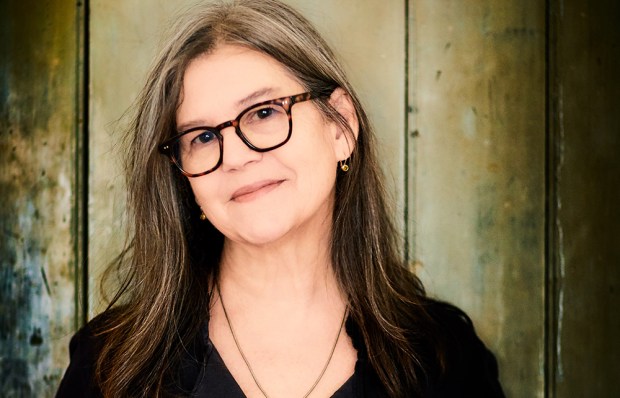
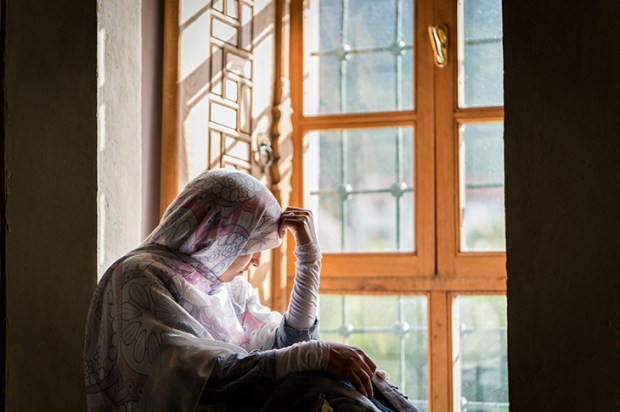
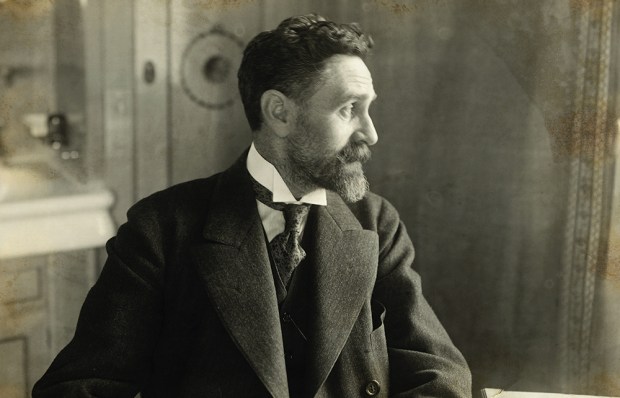
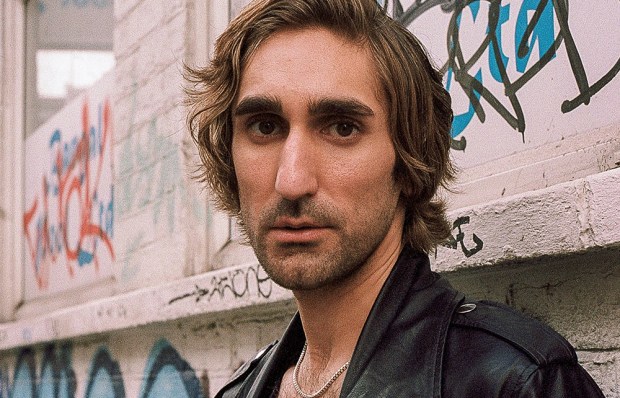
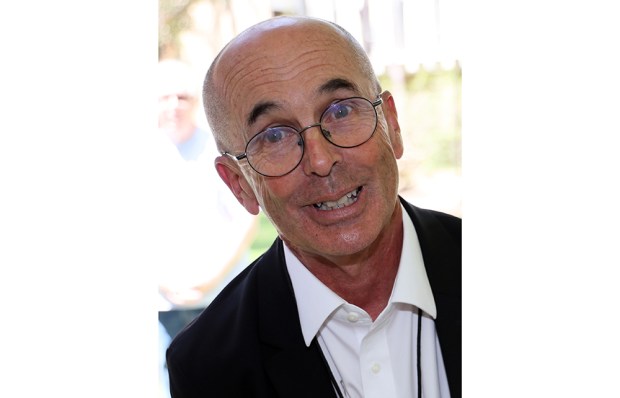
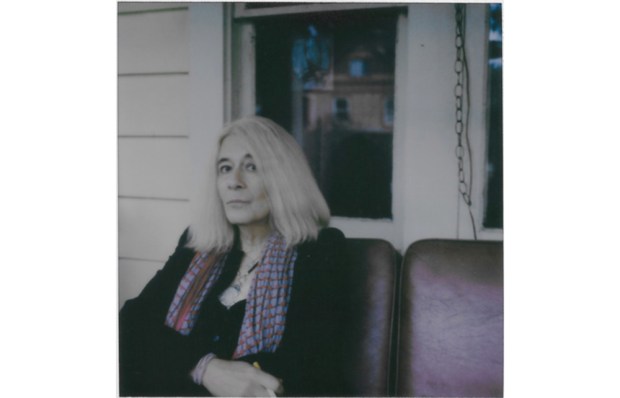






Comments
Don't miss out
Join the conversation with other Spectator Australia readers. Subscribe to leave a comment.
SUBSCRIBEAlready a subscriber? Log in